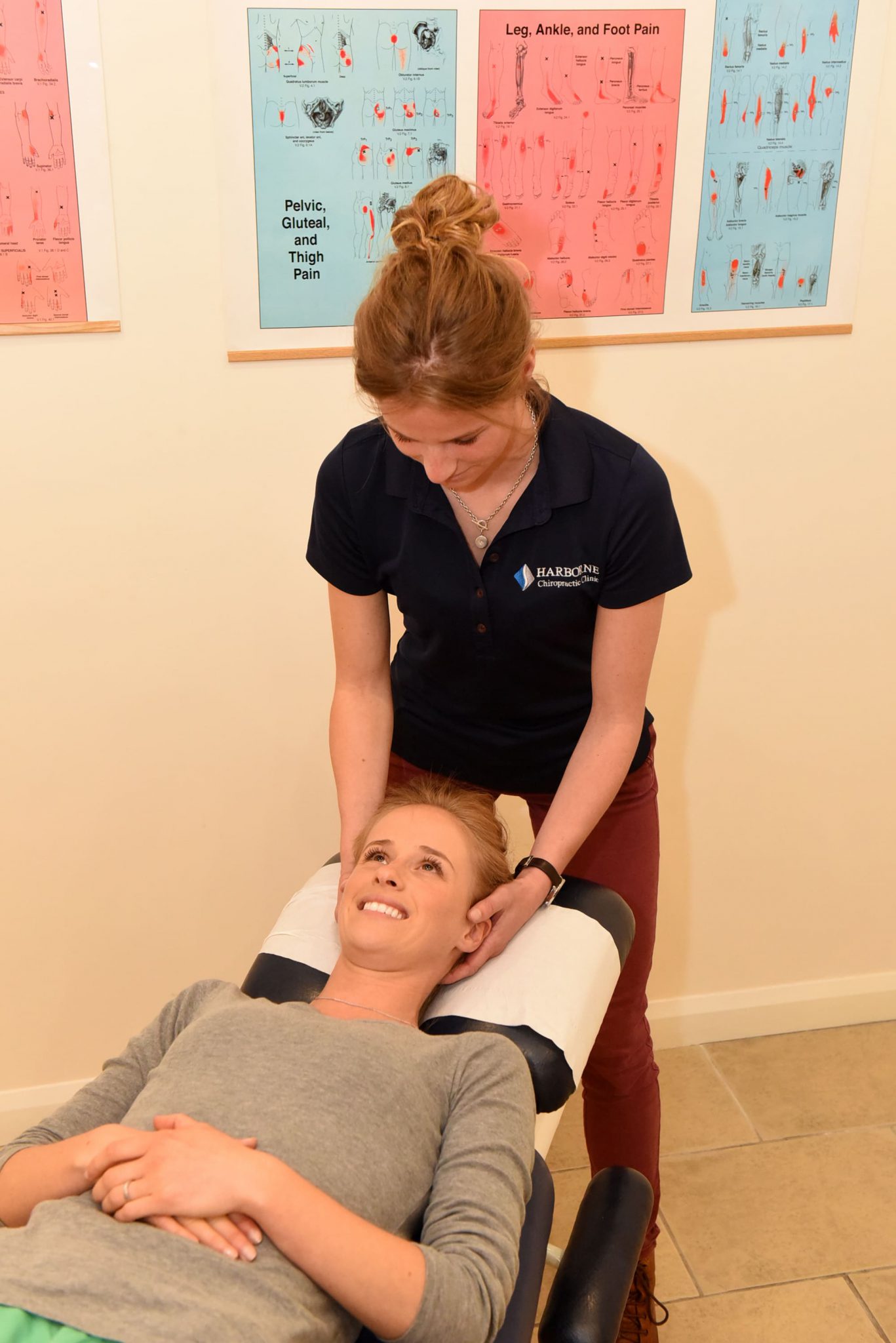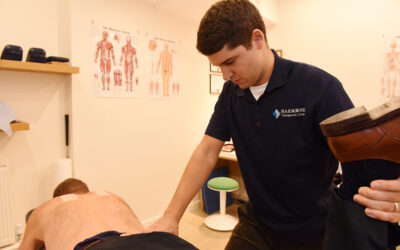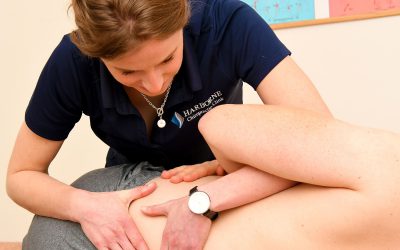Frozen shoulder, also known as adhesive capsulitis typically affects people in their 40’s to 60’s. It is not clear why people develop this extremely painful condition often out of the blue in which the shoulder becomes completely or partially unmoveable. It is thought that the usually flexible elastic lining of the shoulder becomes inflamed and contracted causing loss of elasticity and resulting in pain and stiffness.
The condition usually develops slowly and goes through three stages, starting with pain, then stiffness and finally the stage of resolution where the pain eases and the movement returns. Frozen shoulder is commonly confused with rotator cuff tendonitis. The key difference is with frozen shoulder patients will experience loss of movement and pain in all directions. On the other hand, rotator cuff tendonitis will only result in limited movement and pain in one or two directions.
If no treatment is received the majority of frozen shoulders improve significantly two to four years after onset. For those not wanting to live with the pain for that long there are treatment options available. Conservative treatment should always be tried first. At Harborne Chiropractic Clinic after a history and examination to confirm the diagnosis treatment involves shoulder manipulation/mobilisation, soft tissue work and if appropriate dry needling. While for most sufferer’s conservative treatment does successfully speed up recovery other options involve corticosteroid injections to reduce the inflammation and with severe cases, surgery may be required.
Elizabeth Falco
DC, MChiro




